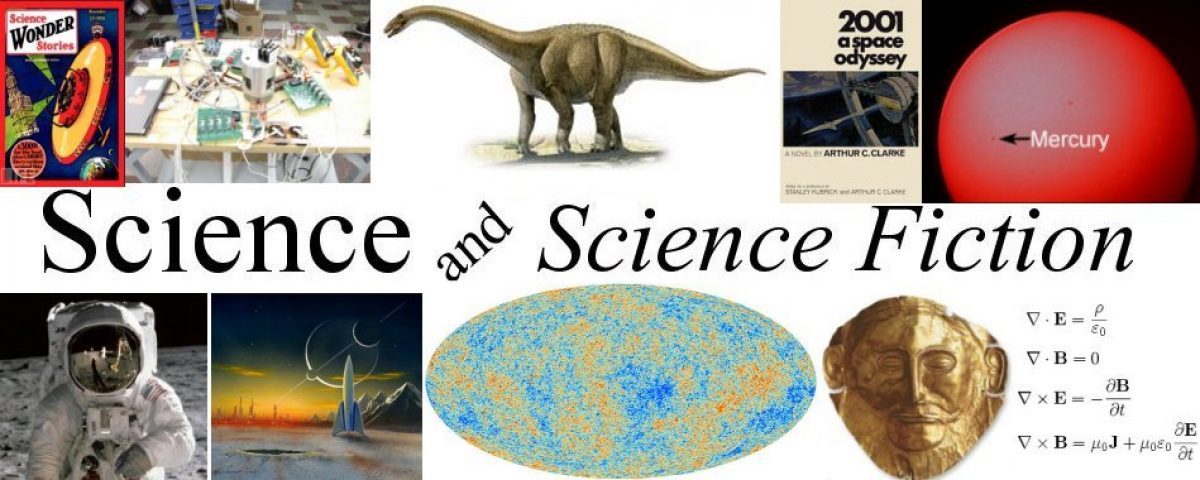Every year representatives from nearly 200 countries come together at a chosen location to discuss efforts toward fighting global warming and the harmful changes in our planet’s climate caused by it. The first such conference was held in 1995 and given the title COP 1.

Each succeeding forum has added one to the number with COP 20 back in 2015 generating the famous ‘Paris Accord’ where a target figure of a rise in global temperature of no more than 1.5º C above pre-industrial levels was pledged by every nation in attendance. However no concrete plan to eliminate greenhouse gasses such as CO2 and Methane was agreed upon in Paris and every conference since then has basically failed to stop the ever increasing rise in fossil fuel emissions.
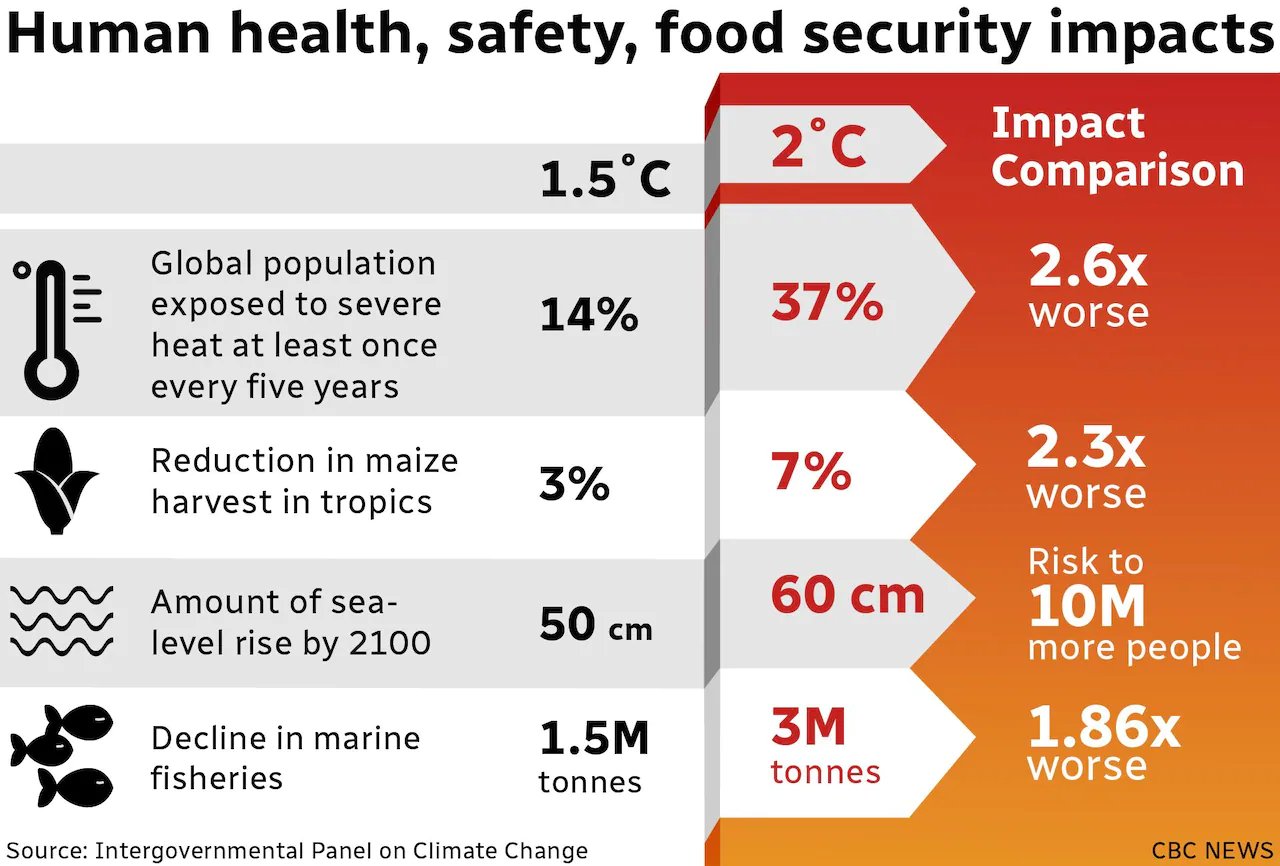
Last year’s COP 26 in Scotland could not even reach an agreement on how or when to eliminate the use of coal, the worst emitter of CO2. Plans to issue a strong final statement on ‘Phasing Out’ coal were scuttled by India, the world’s forth largest emitter of CO2 but a nation still considered to be ‘developing’ and which in fact has plans to greatly increase its fossil fuel emissions. The wording that was finally agreed to was to ‘Phase Down’ coal use instead of ‘Phase Out’.
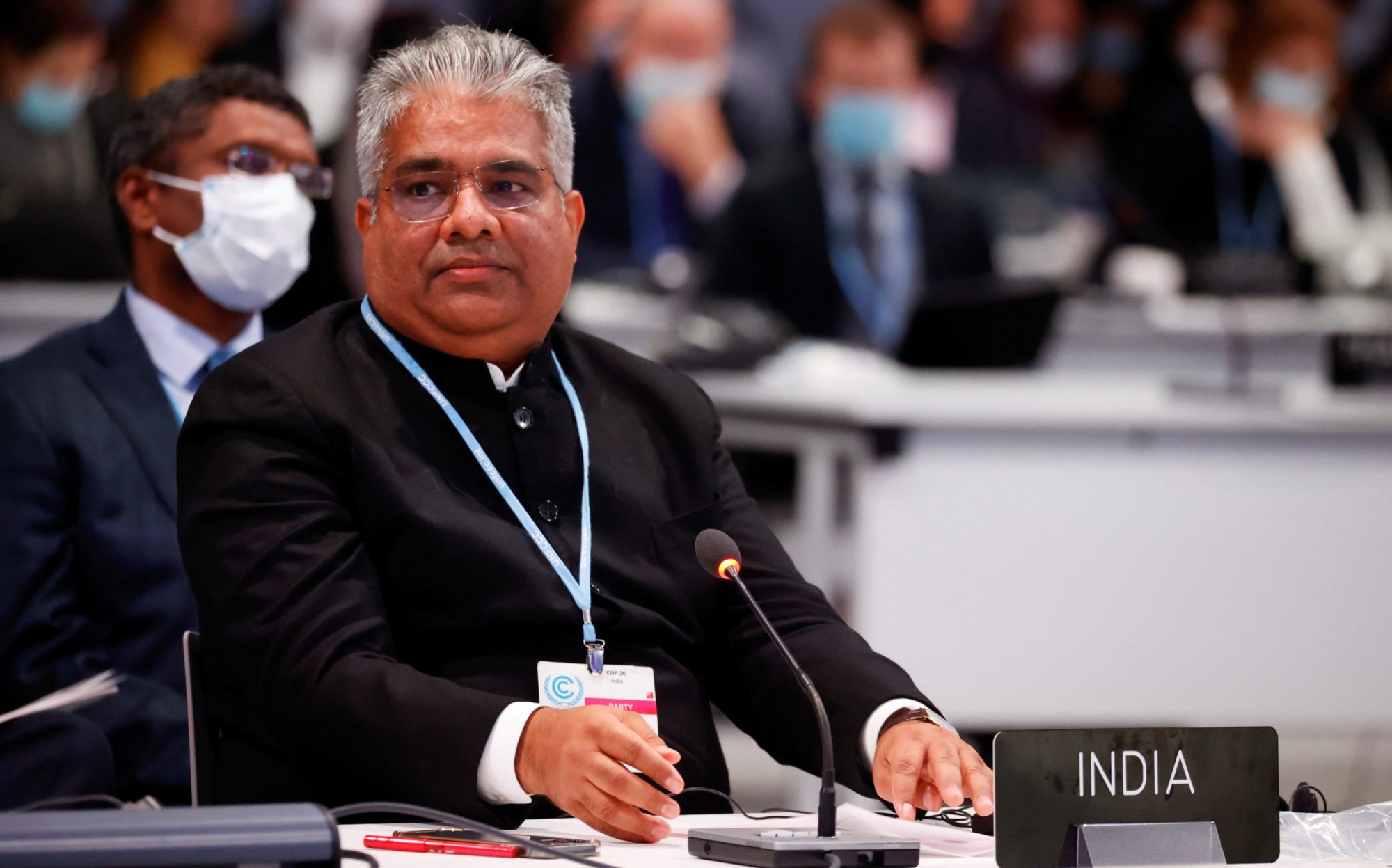
With so much contention making it impossible to develop any realistic plan to fight global warming it not surprising that the negotiators at COP 27, held in the Egyptian resort city of Sharm el-Sheikh on the Red Sea, spent more of their time tackling a different part of the climate problem. The negotiators concentrated their efforts on the question of how to help those of the poorer countries of the world who are already suffering from climate change. Over the last year the flooding in Pakistan and Niger coupled with severe droughts in east and south Africa have brought attention to the fact that many of the countries that produce the smallest amounts of greenhouse gasses are enduring some of the worst consequences of global warming.
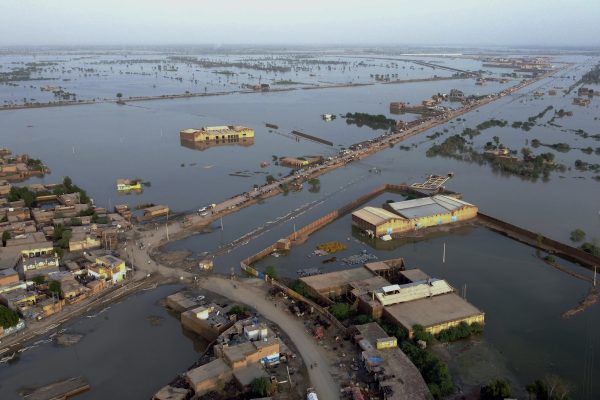
For the past thirty years these poorer countries have been pushing the richer countries, who just happen to be the biggest polluters, to establish a reparations fund that will help pay the costs of disaster relief. And for the past thirty years the richer countries have resisted signing a blank cheque that could keep them paying into this fund for decades. Another complication was the status of China, which back in 1995 was still a small economy producing only a small amount of greenhouse gasses but which since then has become the world’s second biggest economy and the biggest emitter of both CO2 and methane. So should China contribute to this fund or should it, and this would be a real farce, actually benefit from such a fund?
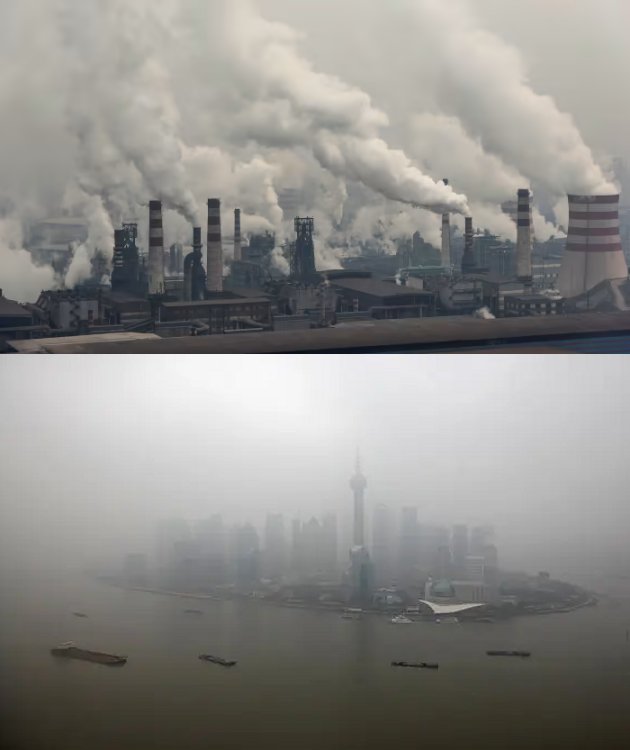
Right at the start of COP27 the European Union signaled that they were now ready to support the reparations proposal but the United States was still reluctant. When the US’s chief negotiator, former US Senator John Kerry tested positive for Covid-19 it appeared that the entire conference might end without any real progress.
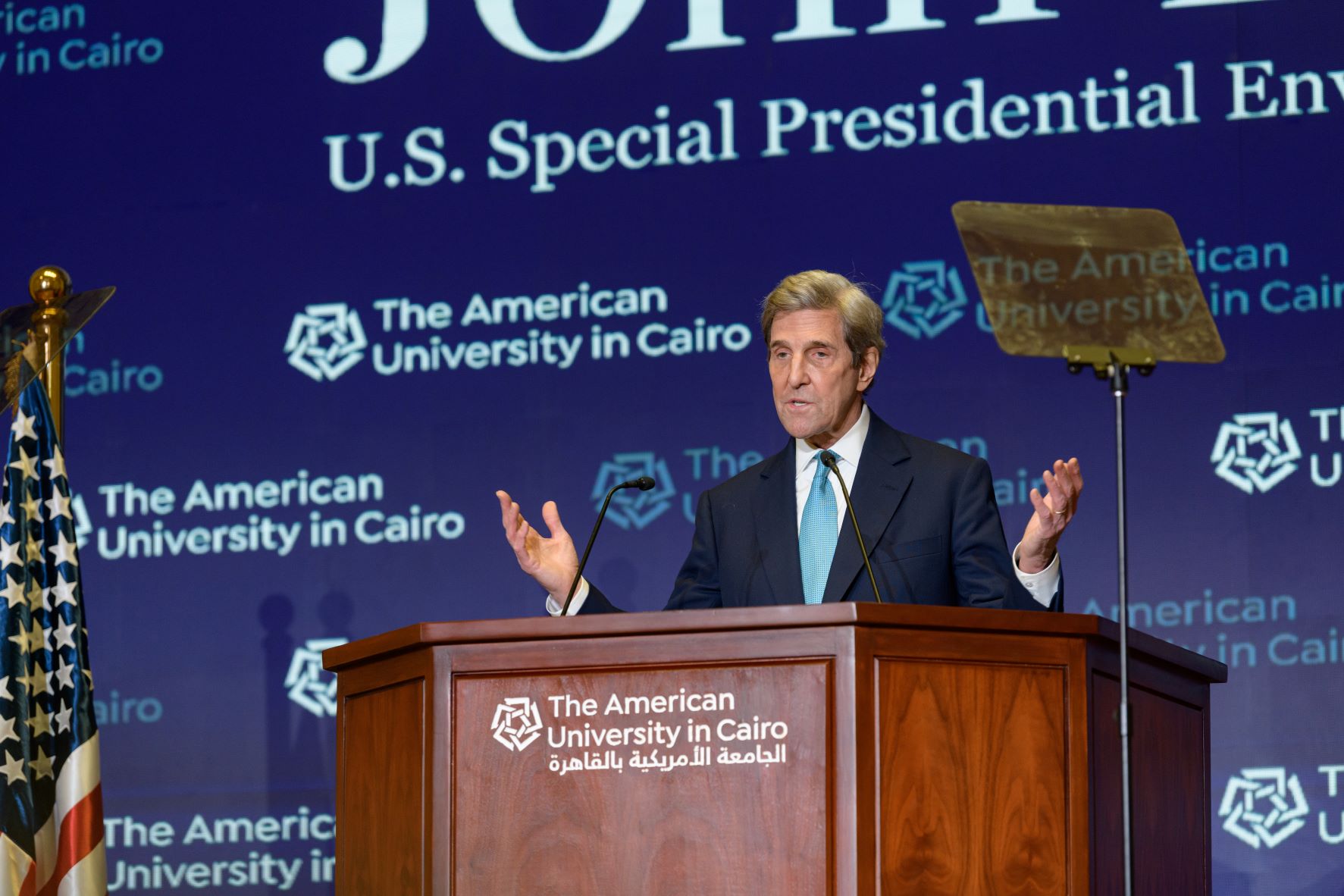
Only a willingness to extend the negotiations through the weekend allowed the conference to come to an agreement. The world now has an established fund, endowed by most of the world’s richer nations, to help poorer countries pay for the damage done to them by climate change. Before you start thinking that a tremendous achievement was made however bear in mind that the richer nations have yet to announce how they will contribute and for how long and the status of China has yet to be decided.
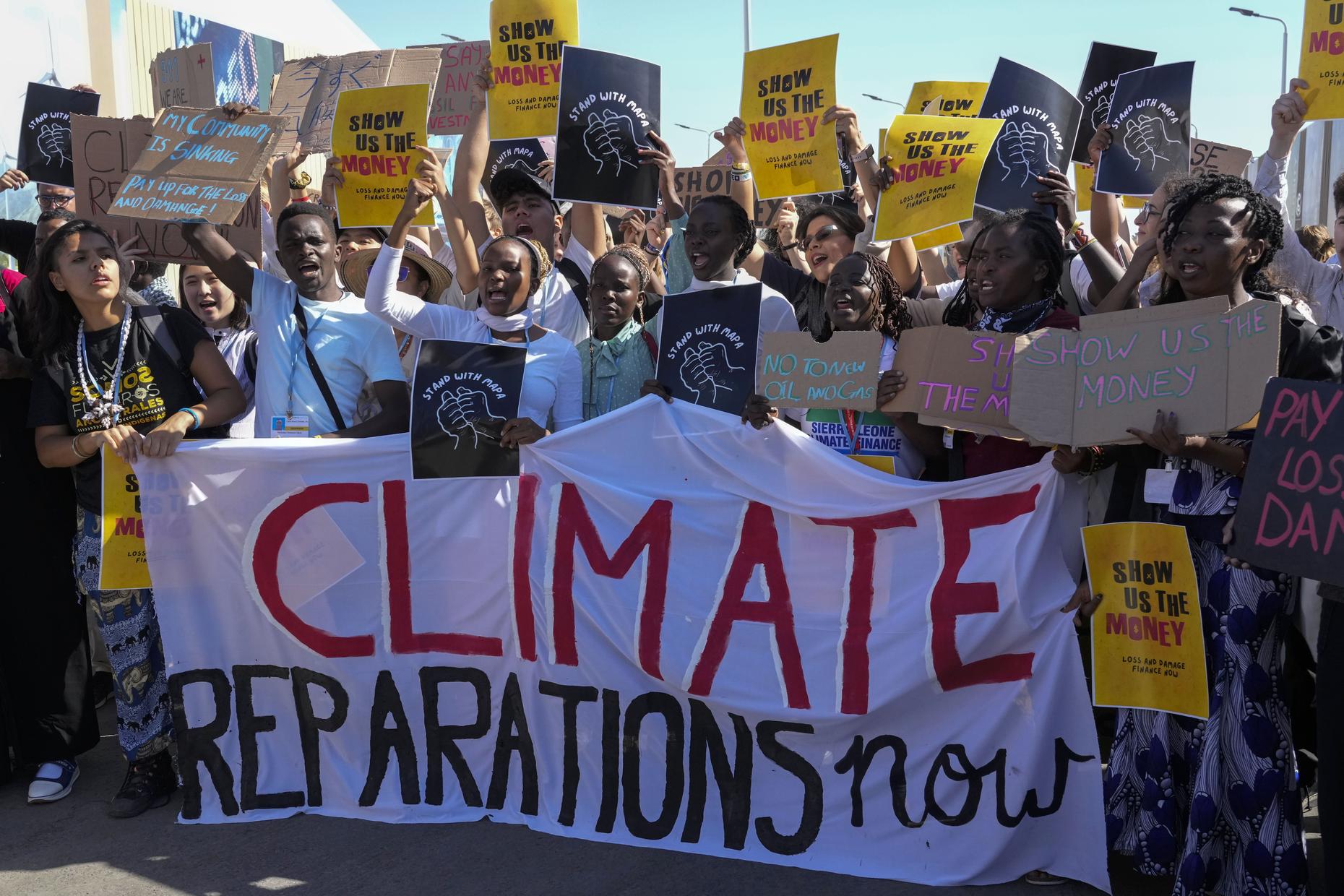
The worst part however is that by appearing to make progress on who will pay for the damage caused by climate change absolutely nothing was achieved toward reducing, let alone eliminating the use of fossil fuels for energy production. So the release of greenhouse gasses is going to continue, in fact increase, increasing both the severity and length of the whole problem.
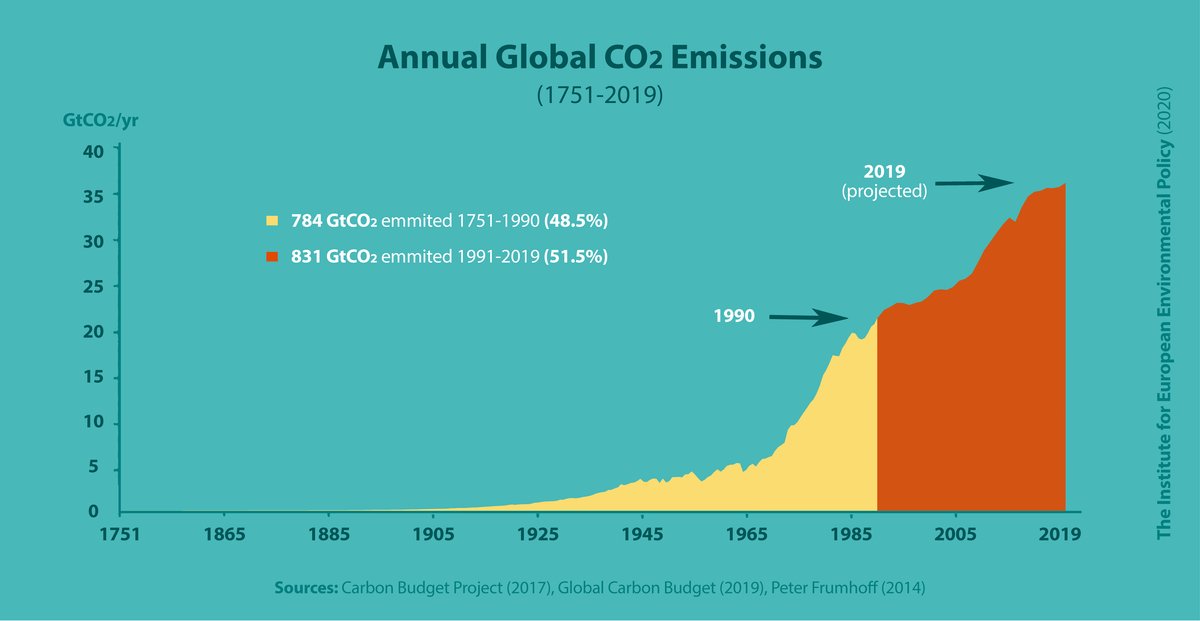
The final report from COP27 did restate the goal of preventing global temperature rise from exceeding 1.5ºC over pre-industrial levels but it also restates that coal use is to be ‘phased down’ not ‘phased out’. The world still has no agreement on or plan for how to stop making the problem of climate change worse.

And while the politicians dither more greenhouse gasses are being dumped into the atmosphere every day causing the world’s temperature to continue to rise bringing with it ever more severe climate crisis.
